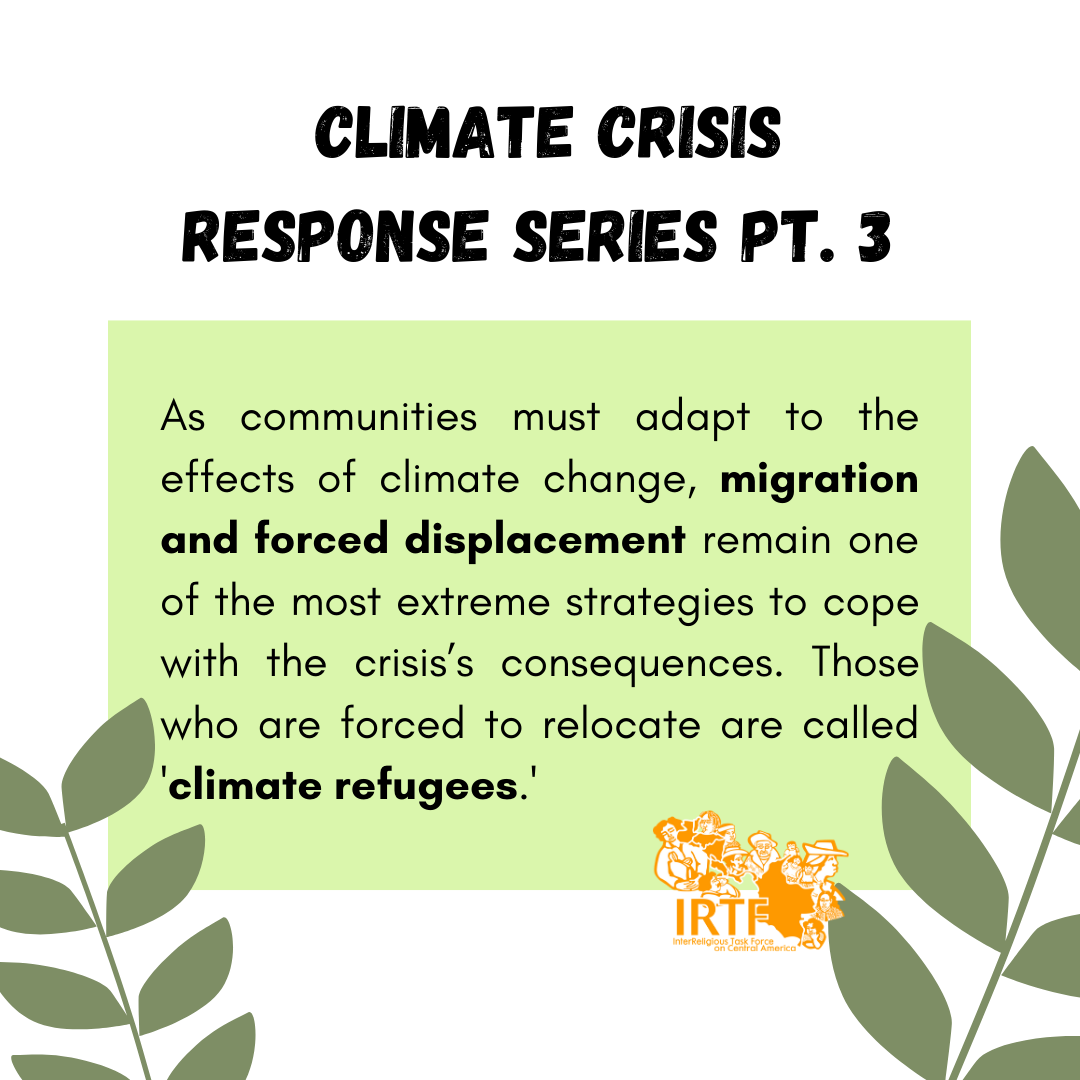From No More Deaths: Part 2 of the Disappeared series concluded that the culture and policies of the US Border Patrol as a law-enforcement agency both authorize and normalize acts of cruelty against border crossers. On February 3 we will be releasing Part 3 of Disappeared, called Left to Die: Border Patrol, Search & Rescue, and the Crisis of Disappearance. The report explores the discriminatory and inadequate search and rescue practices for those presumed to be undocumented in the borderlands, and the systemic interference by Border Patrol of family and community search efforts.
- Home
- About Us
- Issues
- Countries
- Rapid Response Network
- Young Adults
- Get Involved
- Calendar
- Donate
- Blog


